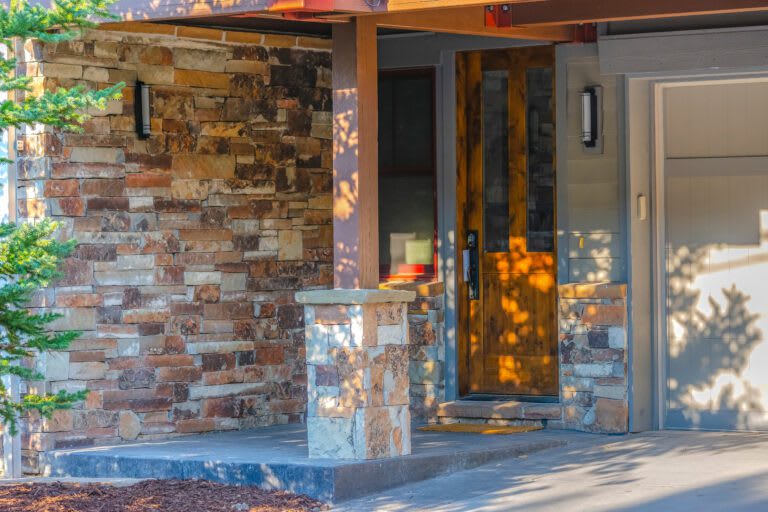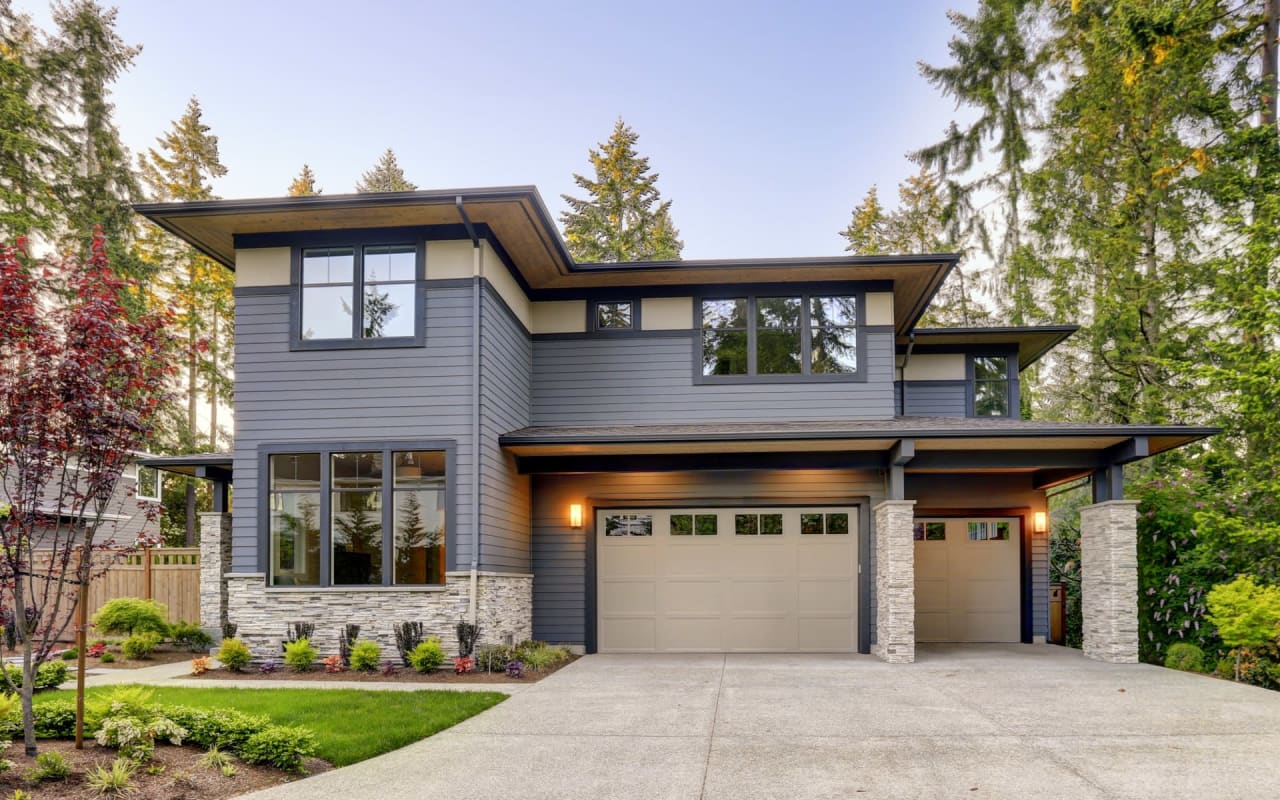If you’re anything like me, you grew up knowing rental properties were inherently profitable. Within that, you likely didn’t know how they made money, just that they did.
Let’s go over precisely how rental properties make money in five different ways.
Cash Flow

Cash flow is what’s left over from the rental income after all expenses are paid. Cash flow may also be referred to as “net income” (as compared to “gross income” which is the income before expenses are taken out).
Cash flow can be positive or negative. Positive cash flow means there’s excess income after the expenses are paid, and that income gets to go right into your pocket as profit. Negative cash flow means the costs have exceeded the income, and you now have to pay out of pocket to cover those.
A nice thing about positive cash flow is that it can act as a tremendous buffer against shifting real estate market dynamics. For example, suppose the real estate market crashes and the value of your property decreases. As long as you’re still collecting cash flow from the property, you can wait until the market corrects and the value of your property goes back to where it was.
Compare this to a negative cash flow situation and the market tanks. You may get stuck in a position that forces you to offload the property at a loss because you can’t afford to maintain it through the recession.
While not the highest profit center of all, cash flow can serve as a critical foundation for successful rental property investing.
Appreciation

Probably the most popular form of profit when people think of rental properties, appreciation has been a consistent performer over time and one of the biggest players in what makes people so wealthy from real estate.
Appreciation is when the value of a property increases due to various factors.
Improving a Property
Rehabbing a property will create appreciation because that rehab has now increased the property’s value. In most cases, the increase in the value of the property will be more than what the investor had to pay to complete the rehab.
Let’s say you buy a $200,000 property and put $30,000 into a rehab. With all of the improvements, the property is worth $250,000. You only put in $230,000, but now the property is worth $250,000. There’s an extra $20,000 in free money thanks to the appreciation generated by the rehab.
This kind of appreciation is called forced appreciation.
Location
The location where you bought the property will also be a primary driver of appreciation. If the demand for housing in the area—the broader market or the specific neighborhood—rises, so will property values. Demand may rise due to general market growth, or it may be because you bought in an area that got intentionally gentrified, which could force quicker and more dramatic appreciation.
In addition to improvements and demand increasing the value of a property, an investor may also experience appreciation in the market value of rental income. Rents inevitably increase over time due to several factors, but what causes appreciation to the value of a property will usually trigger appreciation in rental values as well. When the rents increase, your cash flow will increase proportionately.
While appreciation is one of the highest profit centers of a rental property, it’s also speculative. It’s never a guarantee that the reason you believe a property will appreciate will pan out as you assume it will. You should always consider how you expect a property to profit should the appreciation strategy fold.
The other consideration to remember is that rental properties are long-term investments, and often true appreciation potential is experienced over the long term rather than the short term.
Building Equity Through Mortgage Payoff

One of the coolest things about owning a rental property is that your tenants’ rent check is most likely covering your mortgage payment! Hopefully, it’s covering more than that, but if it’s at least covering your mortgage payment, it means that you aren’t the one paying down your mortgage—they are.
Here’s an example: You buy a $300,000 rental property with 20% down. That means you paid $60,000 upfront and the remaining $220,000 is the balance on the loan, in addition to interest payments.
Over 30 years, the mortgage balance is paid down every month through the income you receive from your tenants. At the end of those 30 years, $220,000 has been paid off and you now own the property free and clear. The $220,000 isn’t immediately liquid because it’s in the form of equity, but it’s your money, and you can either keep it as equity or pull it out of the property and use it however you wish.
The bottom line is that you turned $60,000 into $220,000, plus any appreciation that’s most likely occurred over 30 years.
Tax Benefits
*Disclaimer: I’m not a tax expert. You should consult your CPA for all tax matters involving your real estate investments.
Rental properties are among the most advantageous investments within the IRS tax code. Essentially, rental property income can wind up being tax-free income when filed correctly.
While that may not sound like profit in your pocket right away, think about how much you end up paying in taxes on your normal income. If you’re in the 33% tax bracket, you could pay $33,000 in taxes on a $100,000 income.
What if you were able to keep that $33,000? Isn’t that a hefty amount of money? The tax benefits aren’t exactly black and white, but they should at least give you a perspective on how substantial the profits from these benefits can be.
The primary way rental properties generate tax breaks is through write-offs from two primary sources:
-
Expenses. Most of your expenses on a rental property can be written off. For example, property taxes, insurance, management fees, repairs, maintenance, mortgage interest, etc. How these are written off is specified and you should consult your CPA for help on those.
-
Depreciation. The IRS assumes that a rental property will degrade over time, so they allow you to write off perceived wear and tear on your property. The IRS provides a specific equation to be used for depreciation.
With the expense and depreciation write-offs reducing your taxable income, you stand to receive a notable amount of money taken off your tax liability each year, which in turn equates to profit in your pocket.
Hedging Against Inflation

Inflation, possibly one of the most hated words in the English language, tends to strain our lives in myriad ways. But is inflation always bad? When it comes to rental properties, inflation is actually a good thing. The more inflation, the more profitable your rental property may be.
As mentioned earlier, rent increases are caused by a lot of different factors, and one of those additional factors is inflation. When a tenant’s rent payment increases due to inflation, your fixed-rate mortgage payment doesn’t change, resulting in even more cash flow.
As with appreciation, inflation helps with both the overall equity in your property and the tangible cash flow hitting your pocket.



